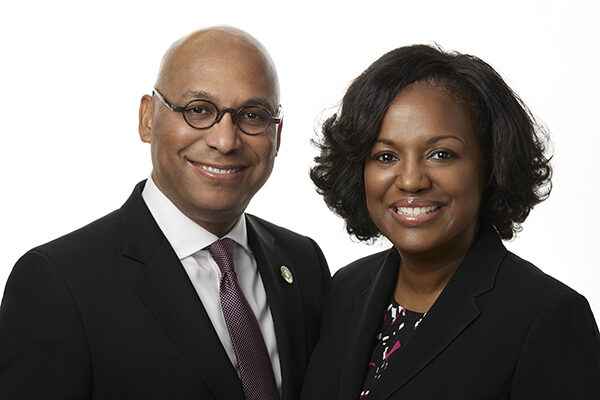My husband and I have been married for more than 12 years. It seems that we haven’t learned to solve conflict based on the differences of opinion we have about almost everything. By now, I expected that we would behave more like a seasoned and settled married couple. But it feels as if we disagree with each other more than ever. What can we do to get to a better place in our marriage?
Marriage is challenging at every stage, regardless of how long you’ve been married. The difference between couples who have great marriages and couples who seem to always be conflicted are the choices they make each day.
Couples who come to grips with three basic assumptions do much better in their problem-solving, compared to their peers who don’t. These concepts are: (1) All couples have problems; (2) it is best to manage problems as a team; and (3) quick answers are poor answers.
All couples have problems. Jesus told His disciples, “In the world you will have tribulation [problems]” (John 16:33).* This declaration includes everyone. While some couples have more challenging circumstances to deal with than others, how they choose to approach problems makes the difference.
It is best to manage the problem as a team. Couples who work together to manage problems tend to be more reasonable with each other than couples who see their partners as the enemy. Couples who approach problems as being on the same team tend to position the problem in front of them—like reading a book together—giving them the opportunity to brainstorm solutions together, making choices that are good for their marriage.
Quick answers are poor answers. Couples who tend to choose rushed solutions to their problems usually keep dealing with the same challenges on a regular basis, since they have not taken time to fully understand their partner’s perspective. The Bible offers, “He who answers a matter before he hears it, it is folly and shame to him” (Prov. 18:13). Because most humans have an affinity for believing they are right about everything, they often fail to carefully consider their partner’s viewpoint. By acting quickly and unilaterally to “fix” the problem, the situation is almost never really solved.
Staying married will not automatically enhance your marriage relationship. You have to intentionally listen well to each other in order to clearly identify each other’s outlook on important matters. You also need to acquire proven problem-solving skills to use in your daily interactions with each other. This can be accomplished by reading good books on marriage, attending marriage retreats on a regular basis, and reading the Bible often to grasp important principles about developing healthy relationships.
We encourage you to live each day by this message: “And be kind to one another, tenderhearted, forgiving one another, even as God in Christ forgave you” (Eph. 4:32).
* All Bible texts are from the New King James Version. Copyright ã 1979, 1980, 1982 by Thomas Nelson, Inc. Used by permission. All rights reserved.



